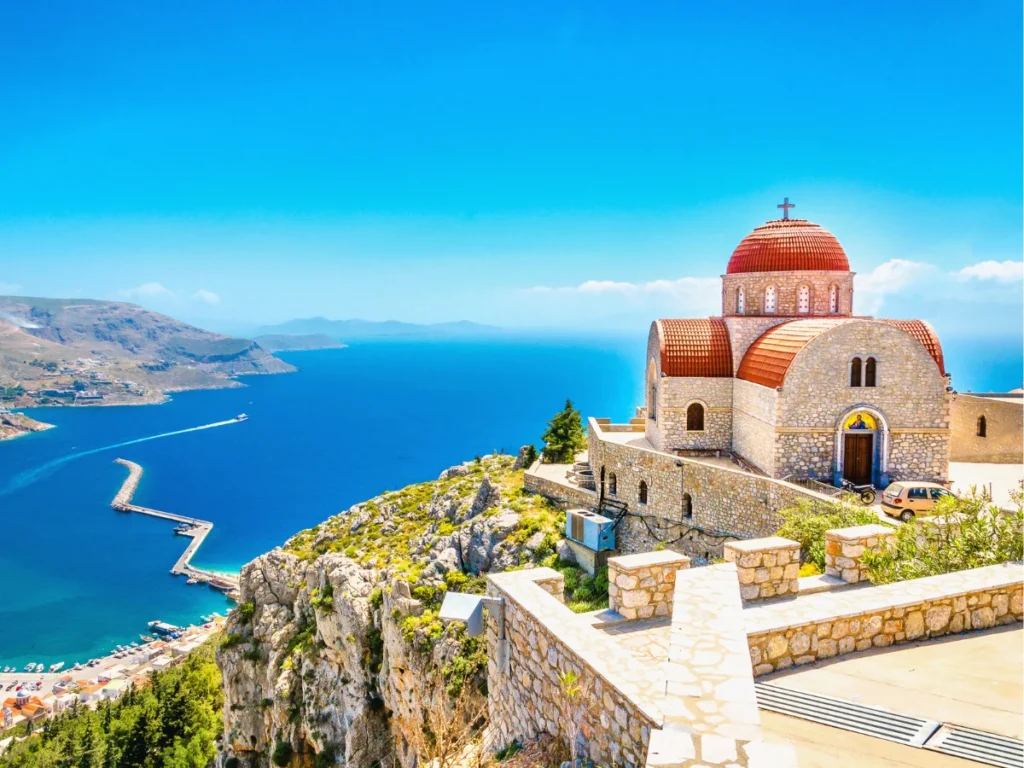Greece's religious history
Greece’s religious history is a tapestry woven with threads of ancient polytheism, Judaism, early Christianity, and Islam. From the pantheon of Greek gods to the Septuagint’s translation of the Hebrew Bible, the diverse spiritual influences have shaped Greece’s cultural heritage. While Orthodox Christianity predominates, Greece’s religious landscape reflects its rich history, fostering interfaith dialogue and embracing its multicultural past.

Greece's religious history
Ancient Greek Religion:
Ancient Pantheon: Ancient Greece was home to a diverse pantheon of gods and goddesses, with Zeus, Athena, and Apollo among the most revered. The Greeks practiced polytheism, with each deity responsible for various aspects of life.
Sacred Rituals: Religious rituals and festivals were integral to Greek life, including the Olympics, where athletes competed in honor of Zeus. Sacrifices, prayers, and temple offerings played a role in seeking divine favor.
Judaism in Greece:
Hellenistic Period: After Alexander the Great’s conquests, Jewish communities were established in Greek territories. The Septuagint, a Greek translation of the Hebrew Bible, emerged during this period, facilitating Jewish integration into Greek-speaking society.
Christianity in Greece:
Early Christian Presence: Greece played a pivotal role in early Christianity, with the Apostle Paul’s visits to Athens and Corinth.
Byzantine Era: During the Byzantine Empire, Christianity became the dominant religion, and Greece was a center of religious scholarship. Many monasteries and churches were constructed.
Islam in Greece:
Arab-Byzantine Interaction: Islam’s history in Greece dates to the 7th century when Arab forces initiated interactions with Byzantine Greece. Arab-Byzantine wars, cultural exchanges, and periods of Islamic rule left an imprint on Greek culture.
Ottoman Rule: The Ottoman Empire’s rule was particularly influential, leading to the construction of mosques and baths in Greece. Greece’s War of Independence against the Ottomans in the 19th century marked a significant change.
Modern Religious Landscape:
Orthodox Christianity: Today, Greece is predominantly Greek Orthodox Christian. The Greek Orthodox Church has a significant influence on Greek society, culture, and traditions.
Religious Tolerance: Greece recognizes its Muslim minority, particularly in regions like Thrace. Interactions with the Muslim world continue, reflecting Greece’s complex religious history.
Interfaith Dialogue: Interfaith dialogue and cooperation among various religious groups contribute to Greece’s religious landscape, reflecting its rich history of diverse religious influences.
